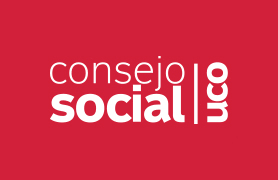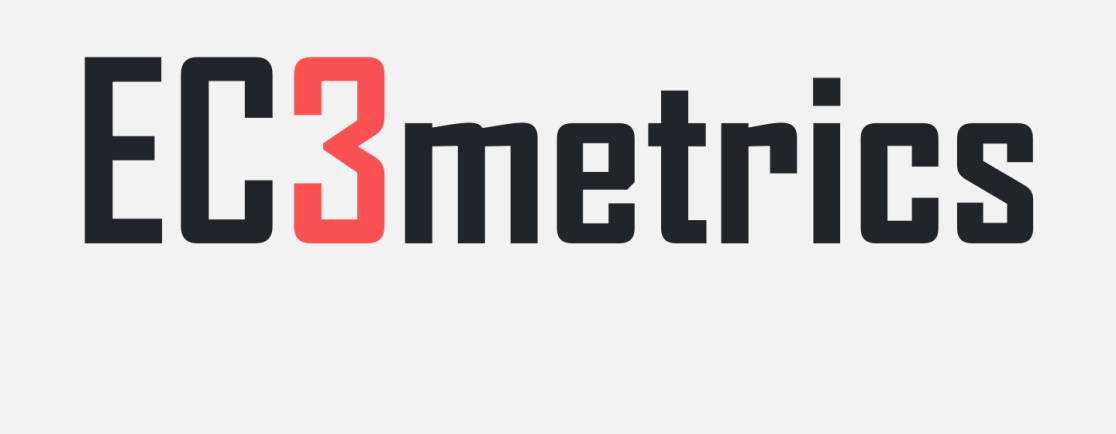



|
| 12–13 Diciembre 2019 Córdoba, España |
INTERNATIONAL CONFERENCE |
versión española |
EVALUATING KNOWLEDGE TRANSFER AND IMPACT: METRICS, PROCEDURES AND GOVERNANCE FOR SCIENCE AND INNOVATION | |
|
Home About the conference Topics Participation Programme Key dates Registration Team Venue / Practical info |
home page >> About the conference: Context & Objectives
 ContextKnowledge transfer has become one of the most important activities of universities and research organizations. An explicit mission of these institutions is to translate their capacities and results to various social agents, including industry, governments and citizens, and to generate benefits of social and economic nature.However, knowledge transfer has always been a complex issue to deal with. Different research practices produce different research outputs that are disseminated through multiple channels, addressed to different audiences and with a different impact. The multiplicity of results and stakeholders involved in knowledge transfer complicates the evaluation and management of these practices. As a result, in recent years several initiatives have emerged in an attempt to improve assessment of these activities. On the one hand, new procedures and metrics are designed to observe knowledge transfer channels and to capture social, political and economic impacts. And on the other, policies and regulations are implemented to stimulate, promote and assess these practices. An example of this trend is the current exercise of the evaluation of knowledge transfer activities of researchers by the Spanish CNEAI, which has led to over 17,000 applications from all over the research community. Fair evaluation of these practices and their impact presents several challenges and uncertainty. The current governance of research, through policies and incentives for knowledge transfer, can cause unplanned consequences in the organization of science and innovation. The metrics of these activities must be critically defined and used to reflect the footprint of research on society. A critical discussion on their utilization in research evaluation exercises is also required. Despite this, evidence shows that many research fields perform numerous transfer activities that are disregarded in research evaluations because of the lack of appropriate tools for observing their occurrence and their impact. Designing a suitable research evaluation system, then, calls for a combination of regulations, measurement tools, and management systems that can be easily put in practice. This international conference attempts to contribute to three basic areas of research evaluation: transfer-related governance, measurement of knowledge transfer and impact (altmetrics) and procedures for implementing evaluation processes for persons and organizations. ObjectivesThe main goal of this conference is to create a new forum to encourage the growing discussion on the measurement and evaluation of knowledge transfer at the interface between the scholarly community and the research funding and evaluation agencies. Participants will discuss perspectives and meanings of knowledge transfer and impact, alternative indicators and measurement tools, research policies, evaluation criteria, and their management implications. The conference will specifically focus on standards for improving the design of evaluation schemes for knowledge transfer and impact.To this end, the conference aims to gather experts from different backgrounds: researchers on both new metrics of science and the organization of science, evaluation managers and policy-makers. This forum seeks to foster interdisciplinary research, by advocating proposals and solutions that will encourage responsible science and innovation. |
Instituto de Estudios Sociales Avanzados-IESA C/ Campo Santo de los Mártires, 7 14004 Córdoba (Spain) Privacy policy
Collaboration:



|